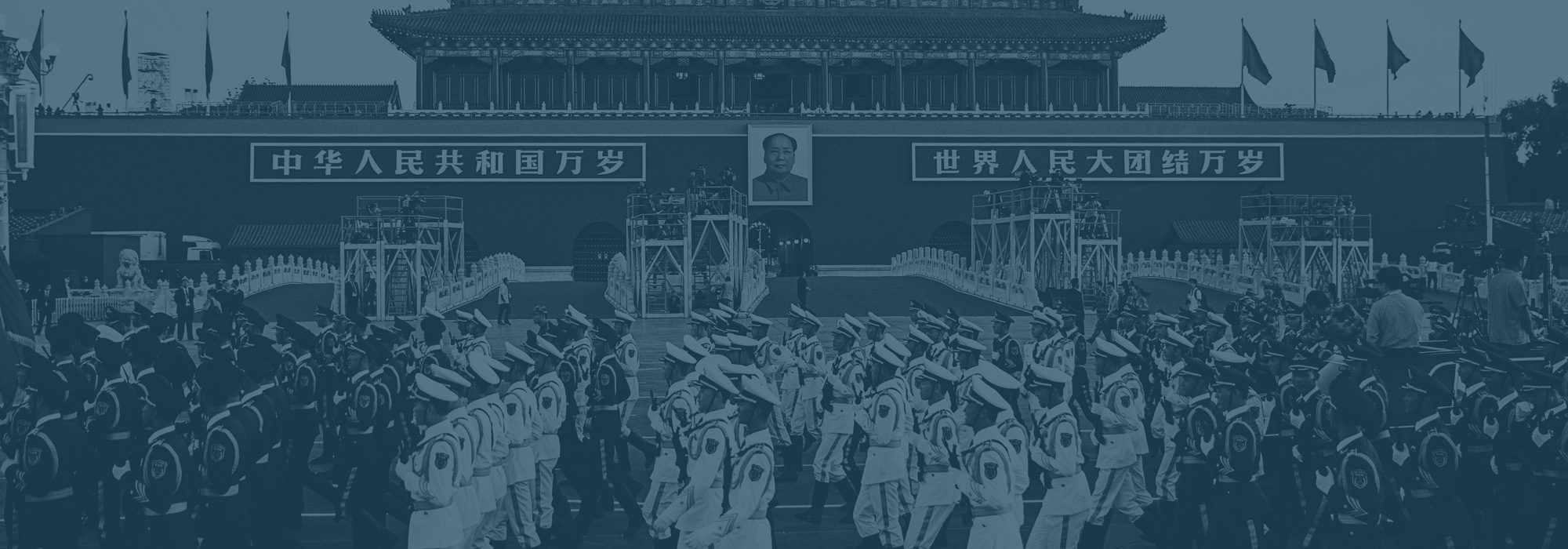By George Friedman
Sources in China have been reporting increasing tension between the Communist Party and the People’s Liberation Army. In many ways, these are reports of the obvious. While the anti-corruption campaign that has been waged by President Xi Jinping is ongoing, he has now shifted his focus to the PLA. Military reforms being undertaken involve cutting the size of the military, and particularly the number of staff officers. The Chinese have a mass-mobilization army like the kind that fought in both World Wars. The last time it was in high intensity combat for an extended period of time was during the Korean War, when its primary tactic, similar to the Soviets against the Germans in World War II, was massed infantry formations. These formations would be tasked with overrunning American positions at the cost of horrific casualties. That isn’t the way wars are being fought today. Leaving aside counter-insurgencies, the advent of precision guided munitions and other weaponry has increased the deadliness of a much smaller force. Fielding a World War type military would simply give the enemy targets to annihilate before they made contact with the positions to be overrun.
If the PLA were only a military force, this would be a reasonable thing that should have been undertaken years ago. But the PLA is more than a military force. It is a political force. First, it is an internal security force and the ultimate guarantor of the Communist Party’s continued control of the country. Second, it has been, since even before the founding of Communist China, both an avenue for advancement of young men from poor families, as well as guaranteed employment. So it stabilized the regime in two ways. The first by being its guardian and the second by making certain that the bright and ambitious are integrated into the political system.
There is a final aspect. The Chinese anti-corruption campaign should also be viewed as a systematic purge, particularly of the upper layers of the business class. Corruption is endemic to China and no one rises in business without engaging in informal and extralegal activities. That means that virtually anyone in a moderately elevated position in business is likely to be wide open to charges. This campaign is designed to do more than simply eliminate corruption. It is also designed to eliminate potential resistance to necessary government measures and to intimidate this class in anticipation of more ruthless measures.
For the past 40 years or so, China has lived with an economy that has grown consistently and substantially. The main political issue was how to divide and distribute this new wealth. That meant that ambitious people would for the most part not be disappointed. All that has changed over the last few years. The Chinese economy has lost its export advantage and building domestic demand, if that is even practical, will require transferring money for investment to the poorer interior areas of China. Put differently, it would require taxing or expropriating wealth from the business class, concentrated along the coast, in order to generate the money needed to attempt to increase demand for China’s products in the interior. Given that China has been constrained to pursue this strategy, it follows that purging potential resisters as well as intimidating the business leaders is essential.
However, senior — and not so senior — officers in the PLA have been involved with business development since the beginning of this process. Like the Russian FSB, they do not only have their day job, but frequently make money on the side. Any attempt to redistribute wealth away from the business class would affect the officers they depend on to guarantee the regime.
One of the deepest concerns of the Chinese is the development of independent and competing centers of power. The PLA reports to the Central Committee of the Chinese Communist Party via the Central Military Commission. But they also must have close ties with the leadership of local party committees, which themselves are part of a larger system of business relationships from which the leadership profits. During an expansionary time, there is little tension between the two relationships. The PLA becomes the guarantor of the national and local party’s interest.
But under Xi’s plans, the central and local interests diverge. The local parties do not want to see their resources transferred away from them for obvious reasons. Xi knows that there is a danger of resistance. Hence the widespread purge letting everyone know who is in charge and how vulnerable everyone is to the Party. Businessmen are readily intimidated by force. But the problem Xi has is that he is also challenging the PLA, which is not nearly as intimidated by force because it is in the end the ultimate force.
Therefore, Xi must come to an agreement with the PLA and any such understanding must begin with the PLA first knowing where the ultimate power lies. Trying to explain to millions of heavily armed men that the ultimate power lies in the hands of people who have far fewer men and weapons at their disposal is a risky business.
According to Geopolitical Future’s model, the core question confronting China over the coming years is how to hold the country together while transferring wealth away from the coast to the interior. The strategy of the party is to impose an increasingly repressive regime on the country and to wage campaigns to cull potential resisters and frighten others. The risk behind this strategy is that the PLA, which the party depends on, will turn on the center and defend the periphery. This was the model that governed China in the hundred years from the British arrival until the communist victory in 1947. The question is whether that not-so-old model will return or whether the party can impose its will.
The logic here is to first cull and intimidate, then forge new political deals. It would seem that the campaign against business is now being extended to the military. And it should be assumed that in order to paralyze the military politically, shock and awe will be used, which means a startlingly intense campaign to eliminate all ideas of resistance from the PLA at all levels. It is not simply the cuts being proposed but also a major reorganization that divides the PLA into army, air force and naval components, stripping the PLA command of operational control over these other services. In terms of a modern military, it makes sense. It also makes sense from a political point of view.
This then is the cusp we have been anticipating, in which the issue is dictatorship or regionalism. In turning on the military, Xi has started to make his move. He has not gone so far that he can’t back off and the PLA can simply rapidly capitulate. But we are now at the point where these questions must be decided and this is where China’s future is being forged. Our model does not say which path will be taken, although the default is to the prior regionalist model. We shall be looking for the small indicators that will show us the direction.






 Special Collection – The Middle East
Special Collection – The Middle East